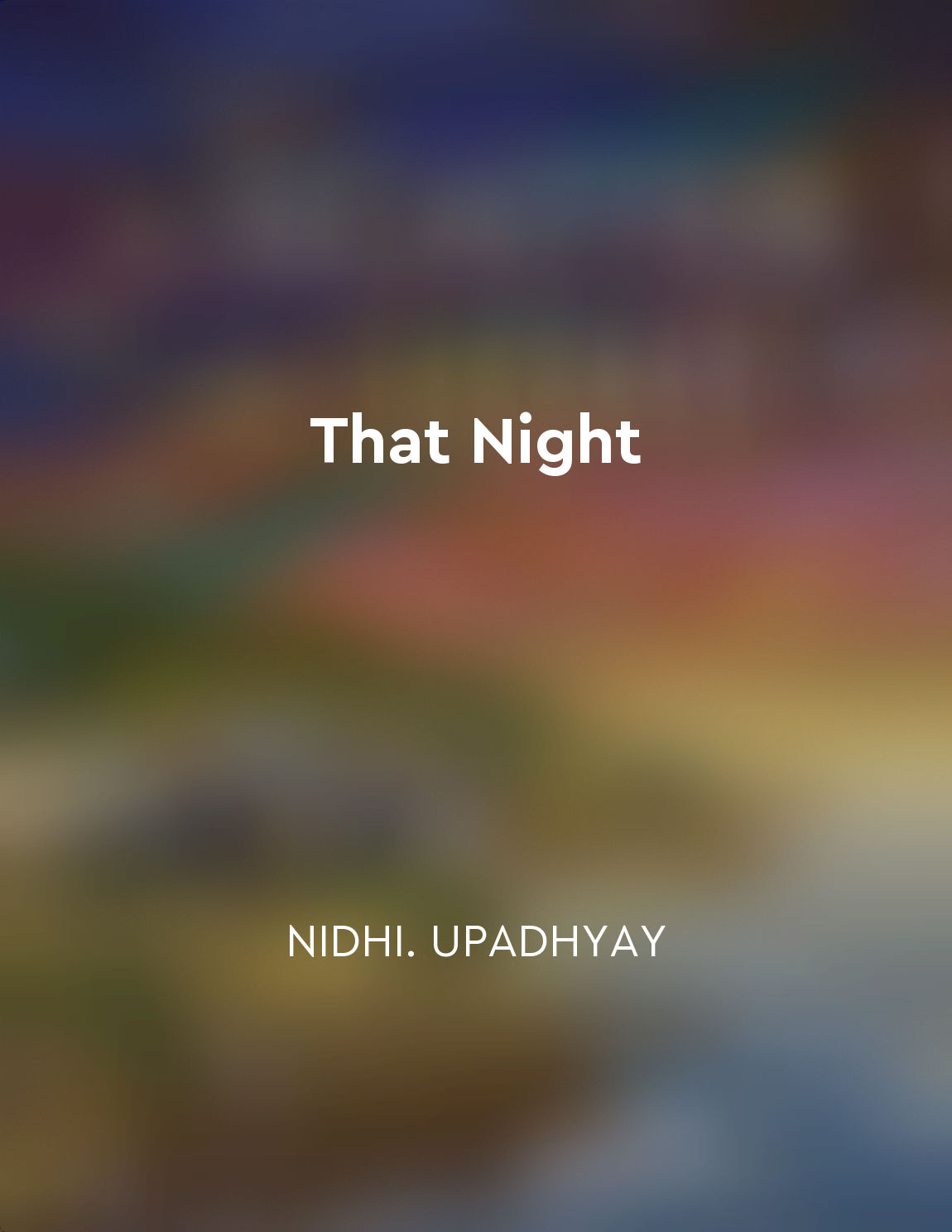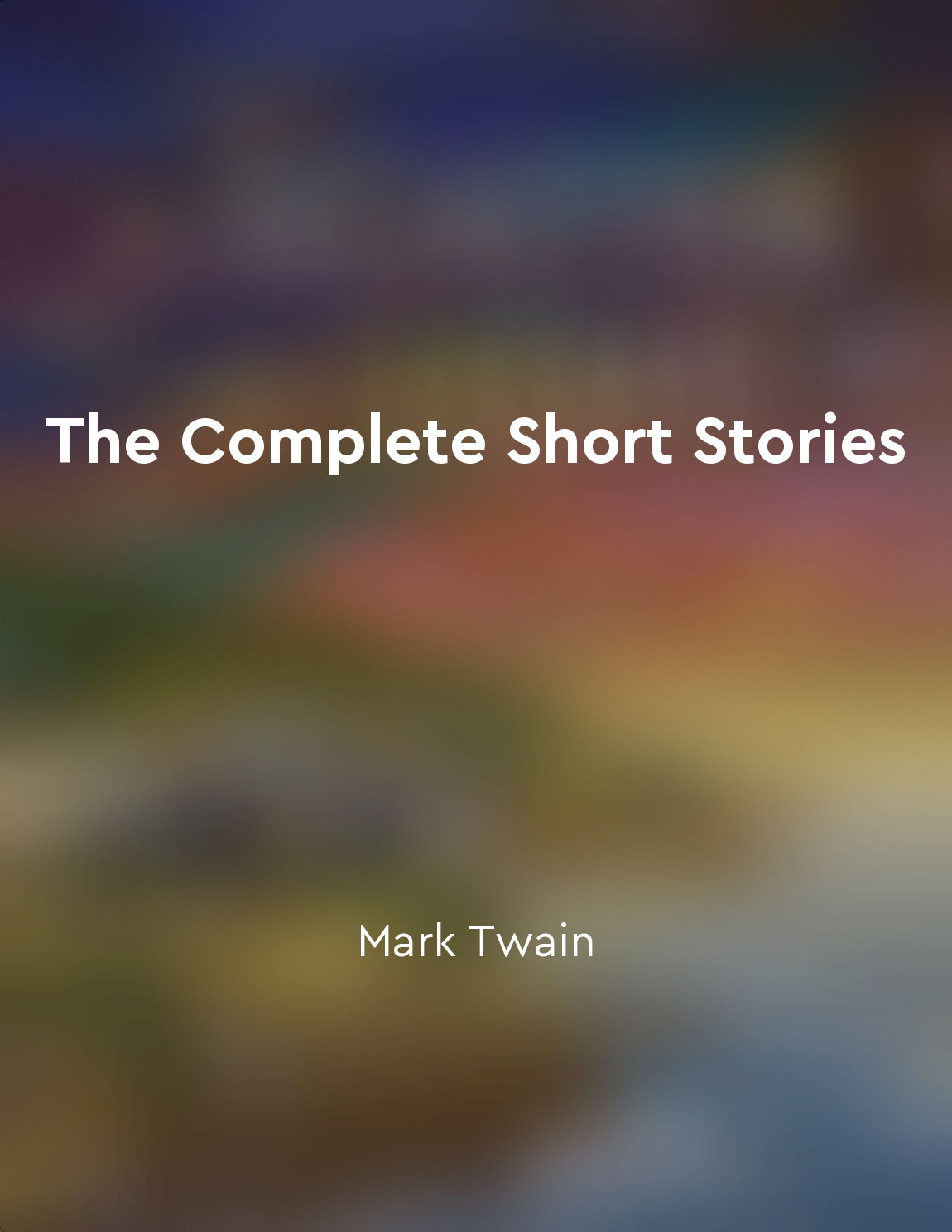Doubt in one's own beliefs leads to selfdestruction from "summary" of Darkness at Noon by Arthur Koestler
The human mind is a complex labyrinth of thoughts and beliefs, constantly questioning and reevaluating its own principles and convictions. When doubt creeps in, it can sow seeds of uncertainty that ultimately lead to self-destruction. In "Darkness at Noon," this internal conflict is vividly portrayed through the character of Rubashov, a high-ranking Communist official who finds himself grappling with doubts about the ideology he once fervently believed in. As Rubashov's faith in the Party begins to waver, he becomes consumed by a sense of moral ambiguity that threatens to unravel his entire sense of self. Throughout the novel, Rubashov's internal struggle is laid bare, as he grapples with the weight of his past actions and the realization that the ideals he once fought for may be based on falsehoods. His journey towards self-destruction is marked by a gradual erosion of his beliefs, as doubt seeps in and corrodes the foundations of his identity. The more Rubashov questions the morality of his actions, the more isolated and conflicted he becomes, trapped in a web of his own making. As Rubashov's doubts intensify, he finds himself torn between loyalty to the Party and a growing sense of disillusionment. This internal conflict reaches a climax as he is forced to confront the consequences of his actions, grappling with the realization that his unwavering commitment to the Party may have been misplaced. In the end, Rubashov's inability to reconcile his doubts with his beliefs leads to his own downfall, as he is consumed by guilt and regret. The concept of doubt in one's own beliefs leading to self-destruction is a central theme in "Darkness at Noon," highlighting the destructive power of internal conflict and moral ambiguity. Through Rubashov's character, the novel explores the consequences of questioning one's deeply held convictions and the devastating impact it can have on one's sense of self. In the end, it serves as a stark reminder of the dangers of blind faith and the importance of critical self-reflection in the face of uncertainty.Similar Posts
Allies with allies and outwits adversaries
In the world that I navigate, there are no clear lines between friend and foe. It's a complex dance where alliances shift like ...
Patience is required in rebuilding a relationship
Rebuilding a relationship is not an easy task. It requires time, effort, and most importantly, patience. Just like building a h...
Conformity is rewarded, dissent is punished
The Party demands absolute conformity from its members, requiring them to adhere to its ideology without question. Those who de...
The power dynamics between heroes and villains shifts unexpectedly
The power dynamics between heroes and villains can be a slippery thing. At first, it may seem like a simple equation: heroes ar...

Finding redemption in love
In the darkest of times, when our souls are tainted with regret and sorrow, love has the power to cleanse us. It has the abilit...
Embracing the power of resilience
Resilience is not just a quality; it is a superpower that lies within each of us, waiting to be awakened. In life, we are const...

The impact of technology on human interaction
In these modern times, with all the technological advancements surrounding us, it is undeniable that our interactions with one ...
Darkness at noon symbolizes the loss of hope in the face of tyranny
In the dim light of midday, when the sun should be at its brightest, the darkness enveloped Rubashov like a heavy blanket. It w...
The killer's motives remain shrouded in secrecy
The twisted mind behind the brutal murders continues to elude understanding, leaving investigators grasping at straws in a desp...
Embracing our fears leads to liberation
The path to freedom is often obscured by the shadows of our own fears. We spend our days running from what scares us the most, ...
